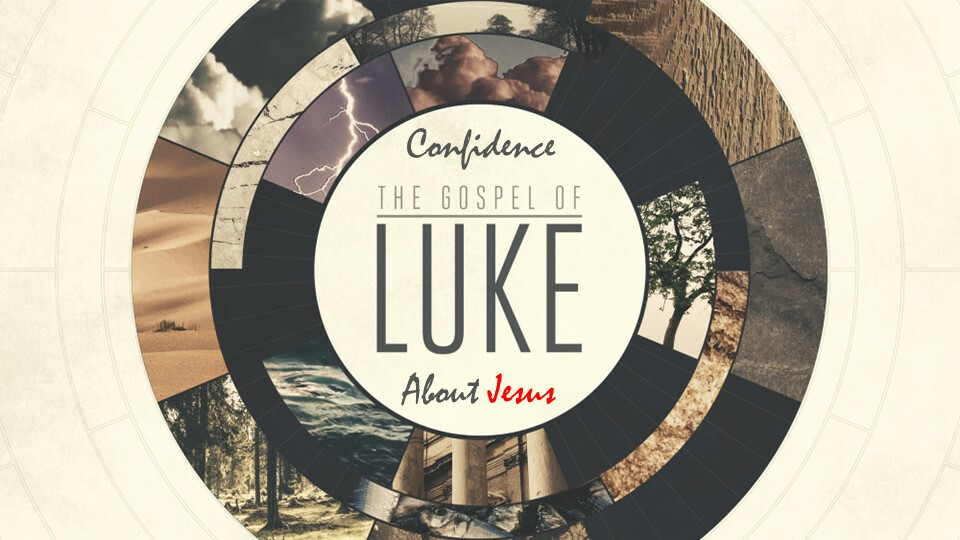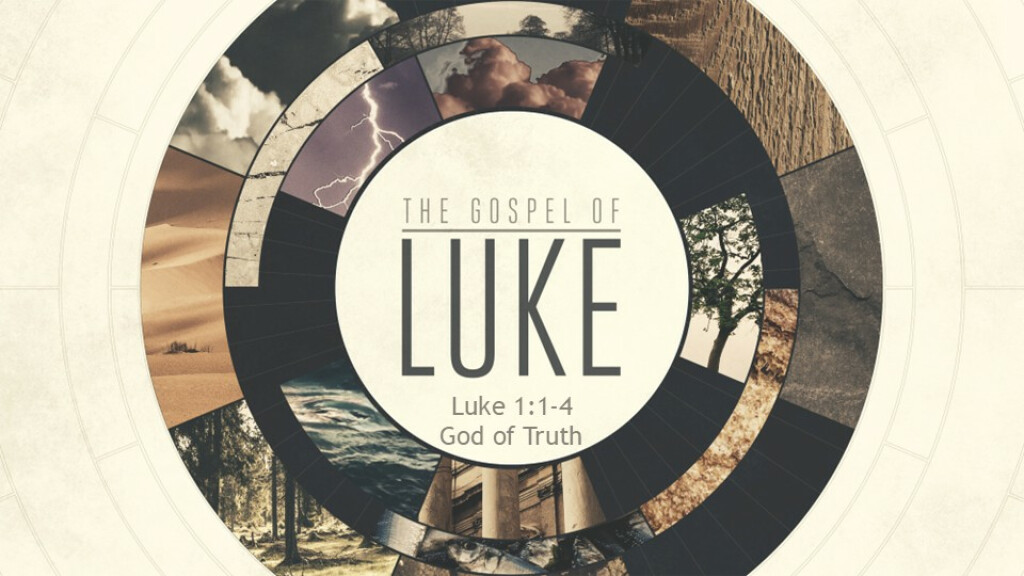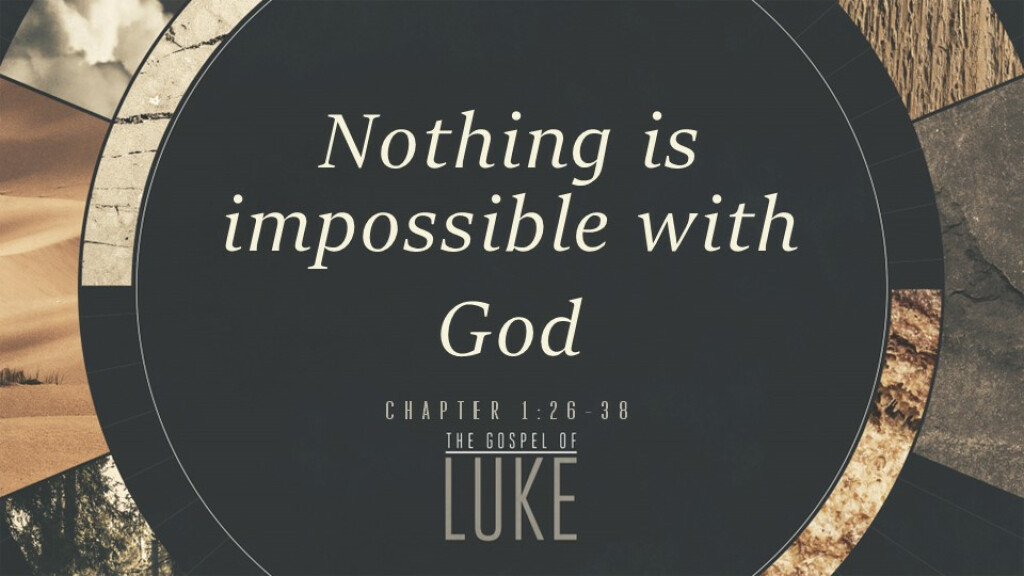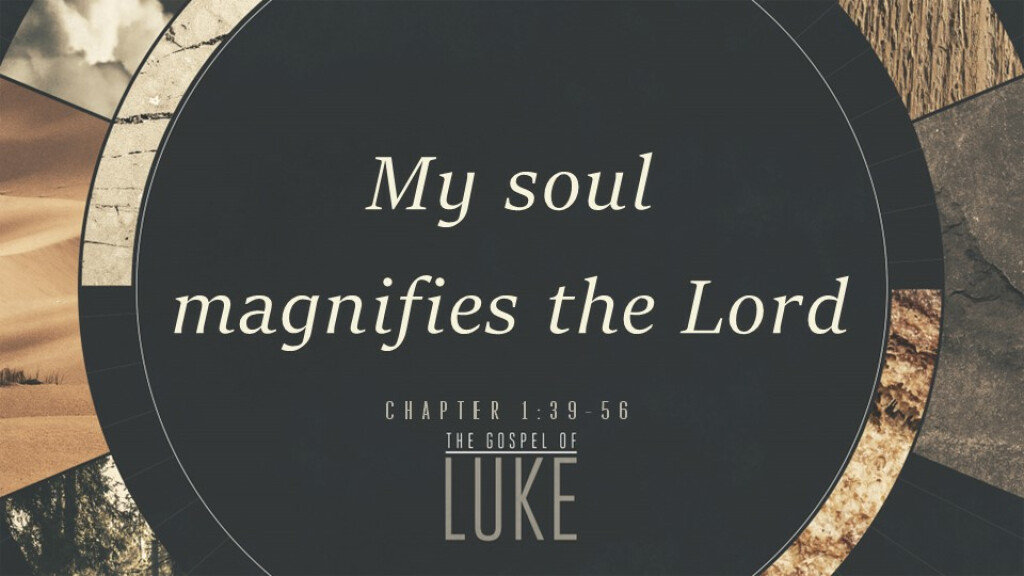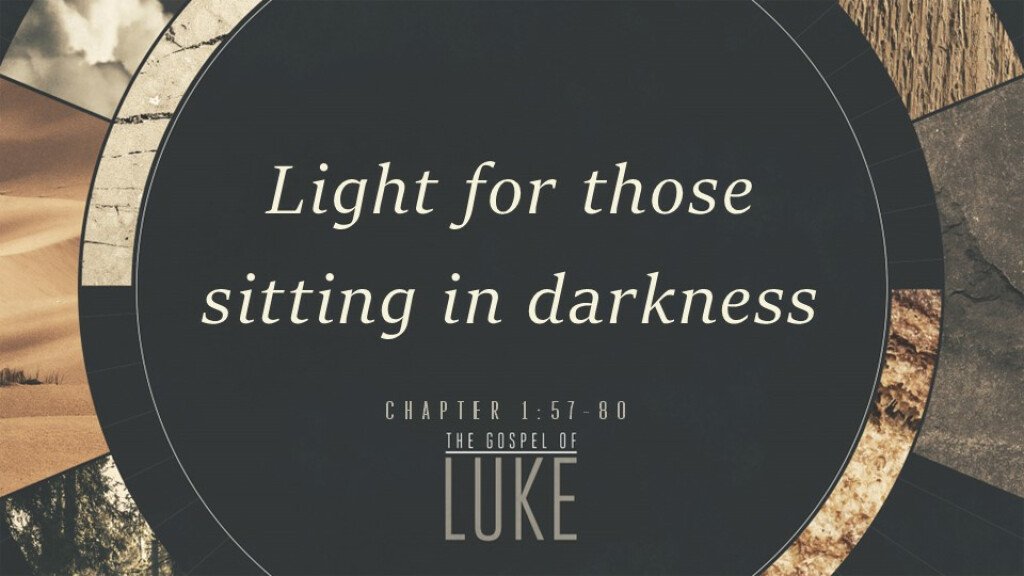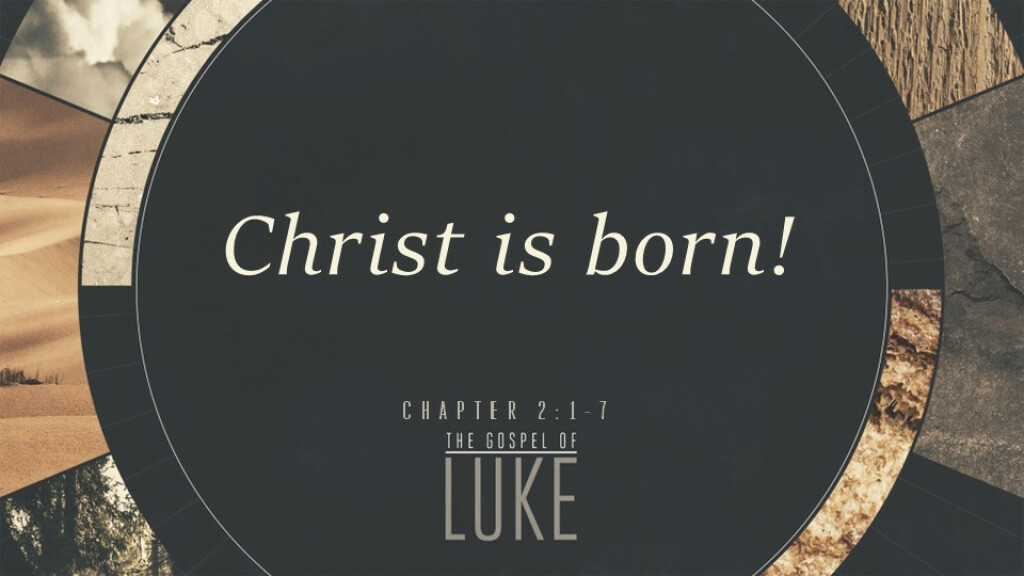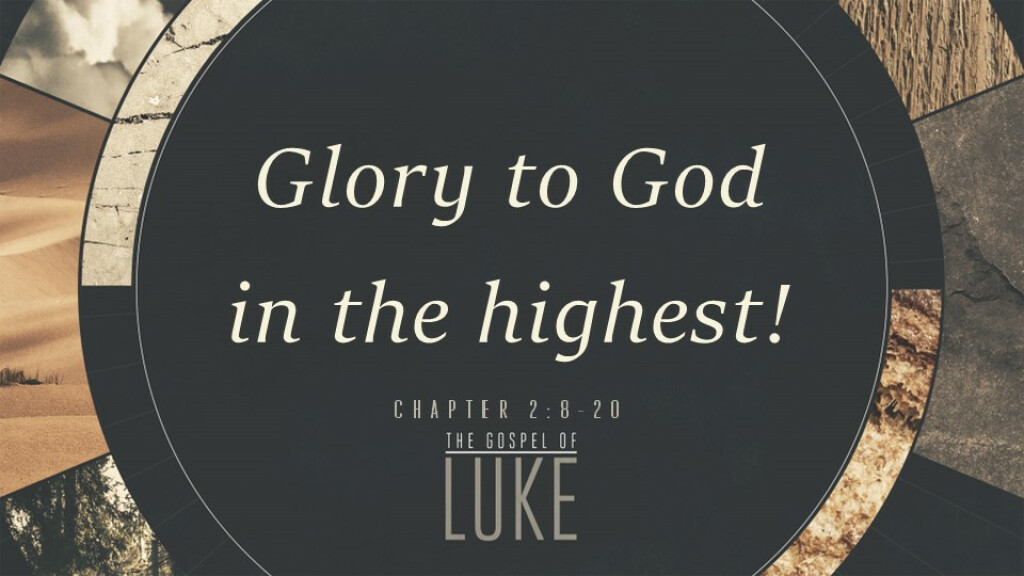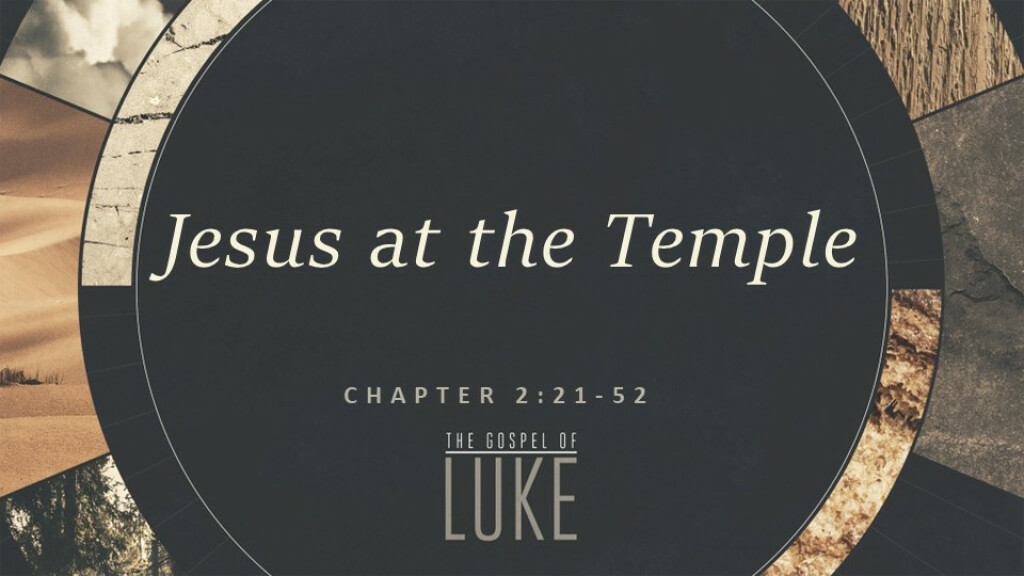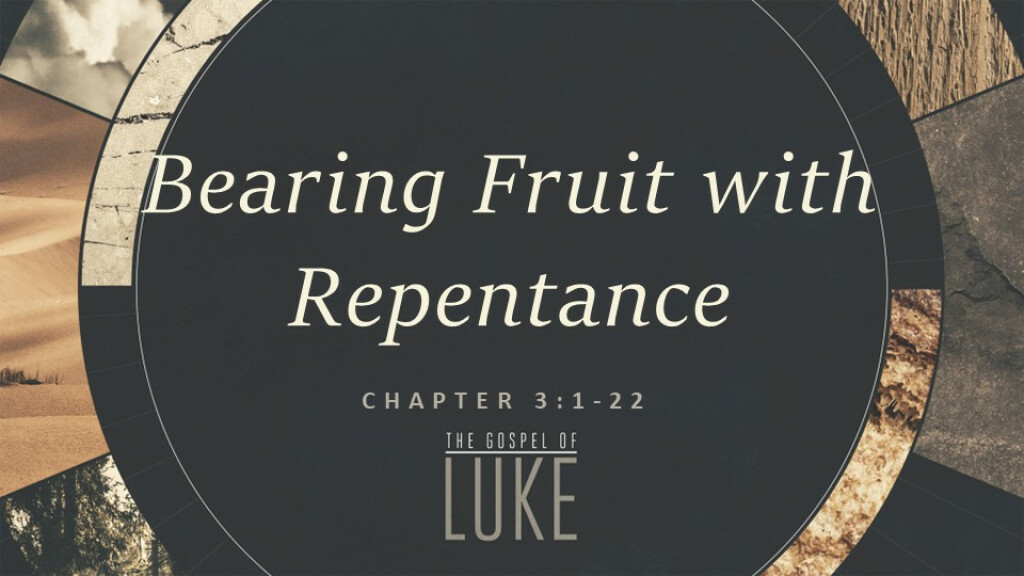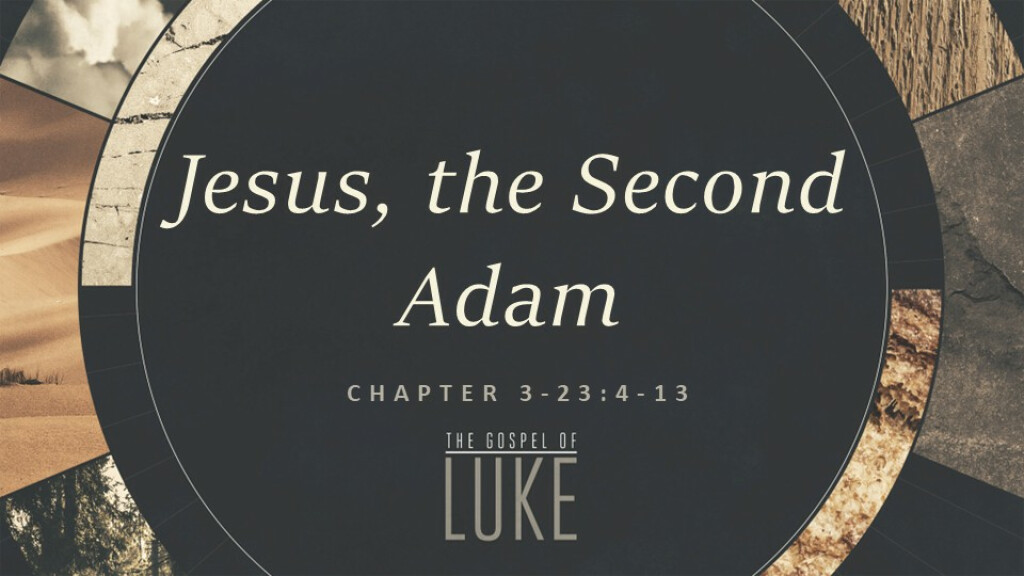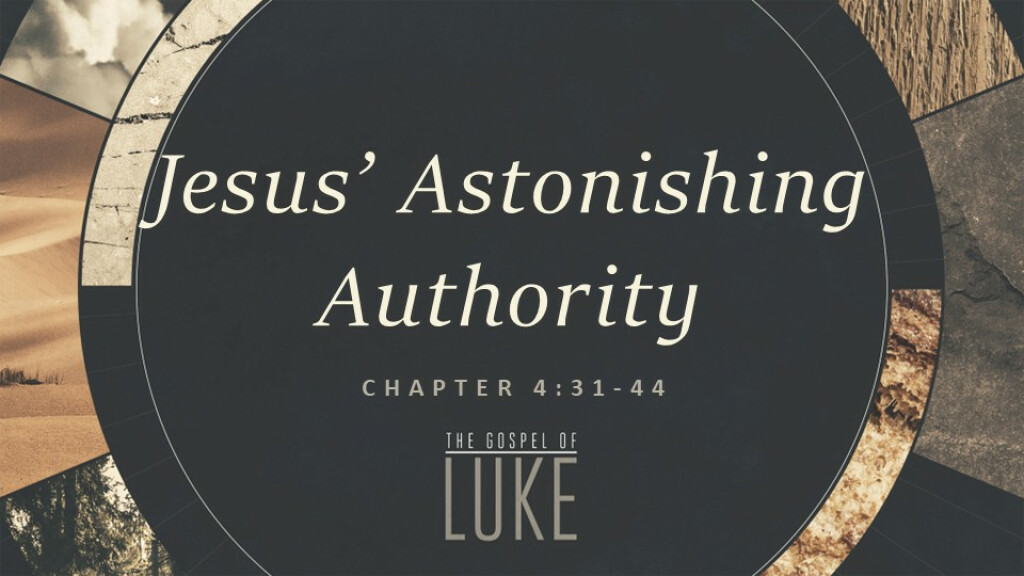October 05, 2025 | Zach Schlegel
Passage: Luke 1:1-4
Certainty is good and important. We base life decisions on it. What about certainty in religion? There are three options. Option One: You are uncertain, and you are comfortable with that. Religion doesn’t really mean that much. Right and wrong doesn’t matter; you just need to believe. Option Two: You can be certain about your view of God, reality, truth, heaven and hell, but you can be completely wrong. (1 Timothy 1:7) Just feeling something - certainty, confidence, etc. are not enough. Option Three: You can be certain about the truth of God, but you begin to waver. You have gone “all in” with Jesus, and life gets harder. This gives you pause about your certainty. You may ask, “Is it worth it?” “Where can you find certainty?” “Is it possible?”
As we look at the book of Luke, we want to orient ourselves to this book. Who is the author? Who is the audience? Why did he write it?
Luke is the author. He is a doctor and a missionary colleague of Paul. (Colossians 2:4) His Gospel and the book of Acts belong together. He began with Jesus’ birth in the Gospel and then moved into the spreading of the gospel through the church in Acts. He had extensive time with the apostle Paul, the other apostles and the eyewitnesses as they traveled through Asia Minor and on to Rome.
Luke was writing to Theophilus who could have been a gentile, Roman official who converted to Christianity, entering a multi-ethnic church consisting of Jews and Gentiles. He may have wondered if he actually belonged. Luke compiled this account so that Theophilus would have certainty concerning what was taught. Luke worked hard to produce an orderly account of the life of Jesus. What is it about this gospel that gives certainty?
Sermon Outline
1. The Gospel of Luke is a biblical account. Vs. 1
2. The Gospel of Luke is an historical account. Vs. 2
3. The Gospel of Luke is a careful account. Vs. 3
4. The Gospel of Luke is a true account. Vs. 4
Series Information
